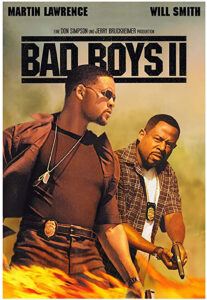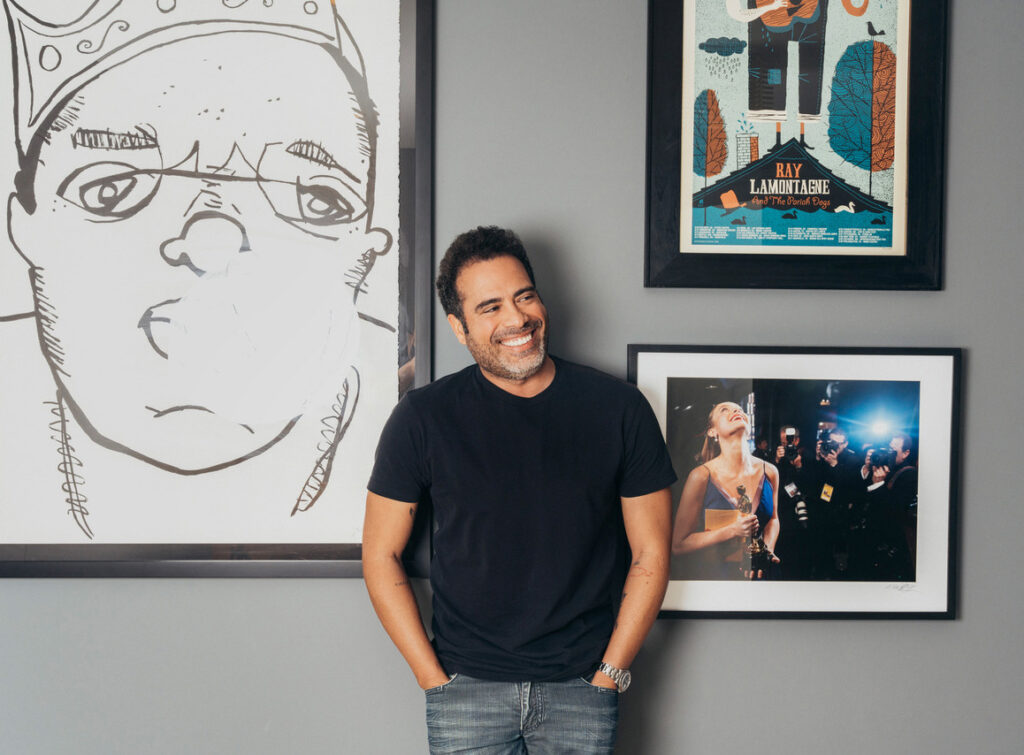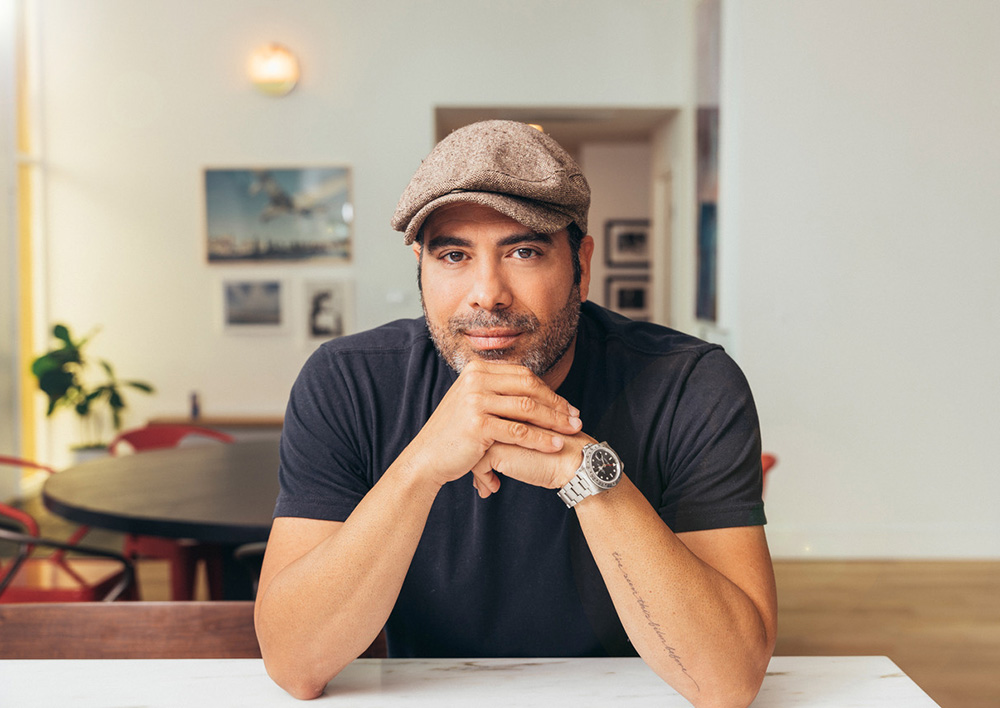I recently had the opportunity to interview Sevier Crespo, a film and television producer who has had the honour of working with legends in the field, one of whom is Jerry Bruckheimer. Mr. Crespo let me in on his journey, his hurdles, how he overcame them, the need for representation in the industry, and a lot more in this enlightening interview
What attracted you to the field of film and television production?
SC: It started with my very first experience in a theater and how it made me feel. I always loved “Star Wars,” “Rambo,” and Bruce Lee movies. I remember listening to Richard Pryor records with my dad (which was probably extremely inappropriate), but that got the gears turning at an early age.
When I didn’t make the baseball team in high school I had to fill that time slot, so it was theater class. Once I got into it, I thought, “This is awesome.” It got to the point where I knew it was what I wanted to do.
I read that you learned the ropes from reputed film producers like Jerry Bruckheimer. Could you share some memories from what you learned during your time working with him? What words of wisdom did he impart and how was the overall experience working with him or the many others with whom you’ve worked in the past?
SC: On “Bad Boys II” they needed stock footage of a plane flying over the Caribbean with the sunset. It had to be a jet engine—no propellers. And I remember thinking, “What? Where am I even gonna start with that?” I remember I was calling people in Oklahoma at one point. It was the craziest thing. What I learned was that you just have to start, and then you figure out a way. They were very friendly and fun. I remember no one got mad or yelled at me. They just expected me to be great—to be as good as everybody else on the team.
You need more people of all colors and demographics to be in power positions. We need to be prepared to show up and take smart risks. Don’t expect that you deserve to be there. The key is to have the mentality of ‘I’m gonna show up.’”sevier crespo
Are there any other filmmakers, producers, writers, or even actors with whom you’d like to collaborate further down the line?
SC: I get asked this question a lot, and I always think about it because I feel like I give a different answer every time. In general, I’m inspired by talented people in this industry—their storytelling and filmmaking. For example, I love the Coen brothers and the Duplass brothers.
What hurdles did you encounter initially when you began working in the industry?

SC: I wasn’t raised in the business. I didn’t come from the business. So I was just this eager, energetic Puerto Rican dude. A lot of the time jobs or opportunities went to others because they were friends. It actually didn’t matter whether they were more experienced or not. And I also didn’t look the part (racially). It was the early 2000s and it just felt very different. It wasn’t what it is today.
I also read that you were born in Puerto Rico and this brought to mind an interview I recently did with filmmaker Geoffrey Guerrero, and he opened up about gatekeeping in Hollywood and within the film fraternity due to which filmmakers, actors, etc. from the Latinx community find it difficult to get their big break in the industry or are pushed to the sidelines. What are your thoughts on the same, and do you think there is any such gatekeeping that keeps Latinx or Hispanic talent at bay?
SC: The reality is, can you prove it? No. Can you see it? Can you smell it? Can you sense it? Can you feel it? Yes. In the last 10-15 years, we’ve seen the Black community pave their own way in the artistic world. It’s great to see the progress in movies and TV. That evolution, to me, is far more advanced than the Latinx community. I don’t feel there are enough people in the position of power in the Latinx community. We need to make those kinds of leaps and bounds.
As a follow up to the previous question, what do you think needs to change in the film industry in order for Latinx talent to get their big break or their due recognition?

SC: It’s two-fold. First, you need people, which is why I like a lot of what’s happening culturally. Next, stop looking at what I look like and start looking at who I am. You need more people of all colors and demographics to be in power positions. We need to be prepared to show up and take smart risks. Don’t expect that you deserve to be there. The key is to have the mentality of ‘I’m gonna show up.’
What hurdles or opportunities has the pandemic posed to your work, and how have you overcome or learned from them?
SC: I’ve had to learn about people’s perspectives, personalities, and points of view. You can’t be narrow-minded. You can’t have one point of view because you’re dealing in the world of many. As a producer, it’s your job to keep your team safe and protected. It’s your job to deliver a project and a product.
In this industry, the second anyone sees a determined, passionate, kind person who’s a go-getter, they come out of the woodwork to knock you off your path. You better trust your gut.”sevier crespo
So now you have to be more meticulous, more aware. You have to genuinely listen to people because you need to know what they’re scared of. How are you going to deal with those people that agree or disagree with whatever is going on in the world? You have to really pay attention to each person that is joining the team. Make sure that they’re willing to protect others. You know, it’s a big thing because now you’re counting on each other more than ever.
Do you have any words of wisdom you’d like to pass on to up-and-coming filmmakers or aspiring producers?
SC: Go for it. Don’t let other people knock you off your path. In this industry, the second anyone sees a determined, passionate, kind person who’s a go-getter, they come out of the woodwork to knock you off your path. You better trust your gut.
Lastly, what’s in store for you in the future? Do you have any projects underway currently?
SC: I’m currently in Atlanta working on “Karen,” a thriller starring Taryn Manning (“Orange Is the New Black”). Watch for that announcement coming soon.

